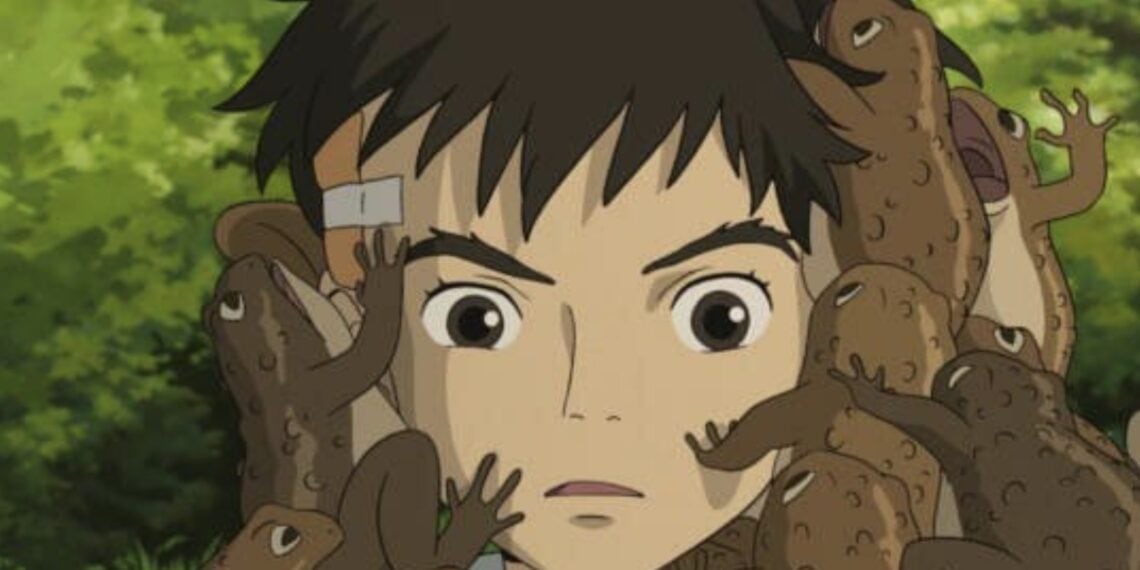Hayao Miyazaki stands as an unparalleled titan in the realm of filmmaking, particularly within the domain of animation. His profound impact on the industry is evident, with accolades continuing to adorn his illustrious career.
Most recently, Miyazaki clinched his second Academy Award for Best Animated Feature Film, a testament to his remarkable contribution, with his magnum opus,
“The Boy and the Heron,” marking his final cinematic endeavor. However, conspicuous by his absence, Miyazaki chose not to grace the prestigious ceremony with his presence.
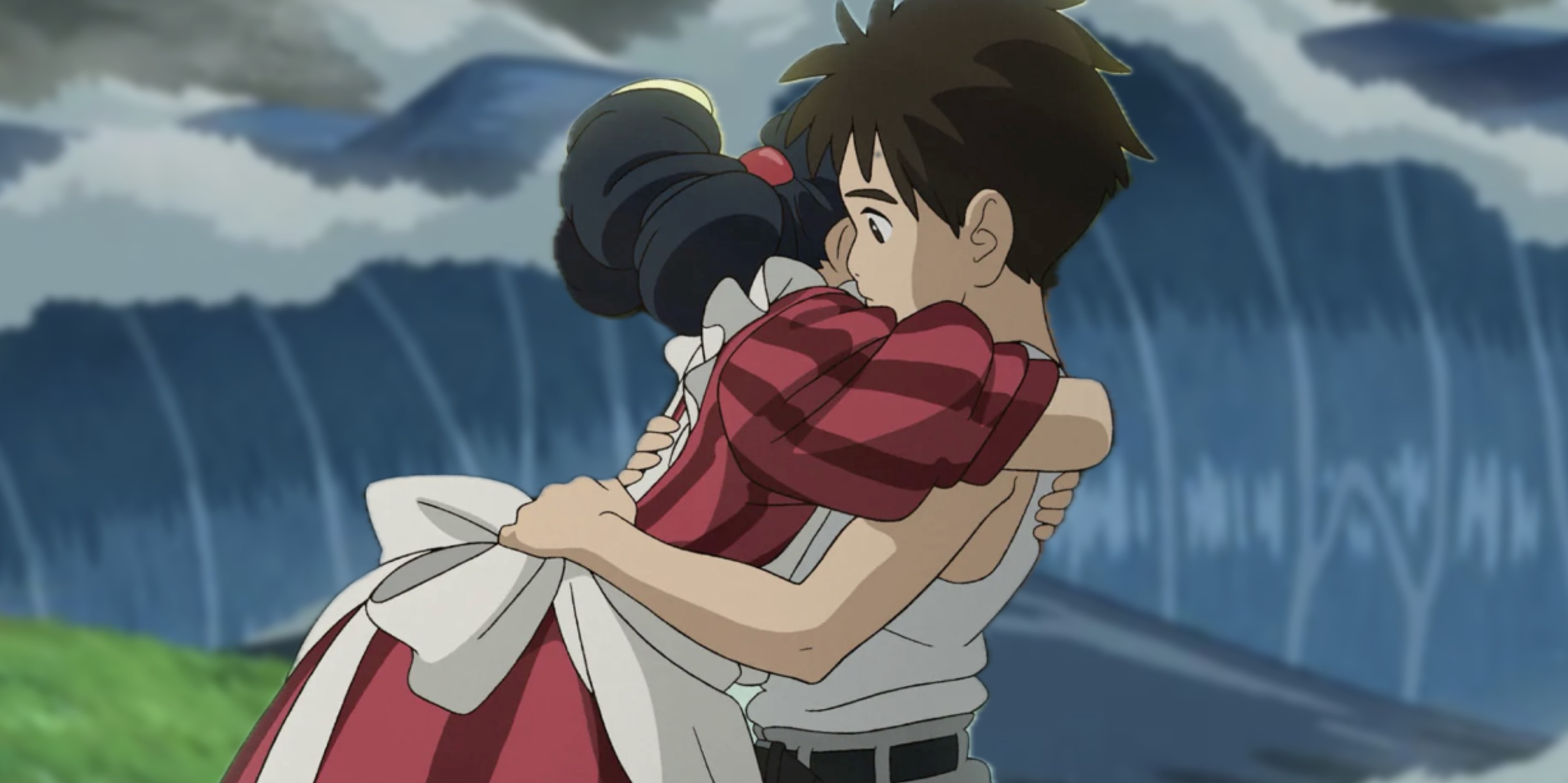
This abstention from the limelight mirrors a past occurrence when Miyazaki clinched his inaugural Oscar almost two decades prior, yet opted to forgo the glitz and glamour of the ceremony. Shedding light on his decision, Miyazaki later shared insights during an interview, unraveling the rationale behind his conspicuous absence and elucidating his stance on boycotting the event at that time.
Reflecting on his deliberate absence from the Oscars, Miyazaki expounded on his reservations and articulated a stance imbued with integrity. He divulged, “I feel that animation is something that is not just for children.”
This sentiment encapsulates Miyazaki’s profound belief in the depth and universality of animation as an art form transcending age barriers. For Miyazaki, animation serves as a conduit for storytelling that resonates with audiences across generations, devoid of age constraints.
Furthermore, Miyazaki elucidated his aversion to the glamour of Hollywood and the aura surrounding the Oscars. In his view, the allure of awards ceremonies pales in comparison to the intrinsic value of creating meaningful cinematic experiences.
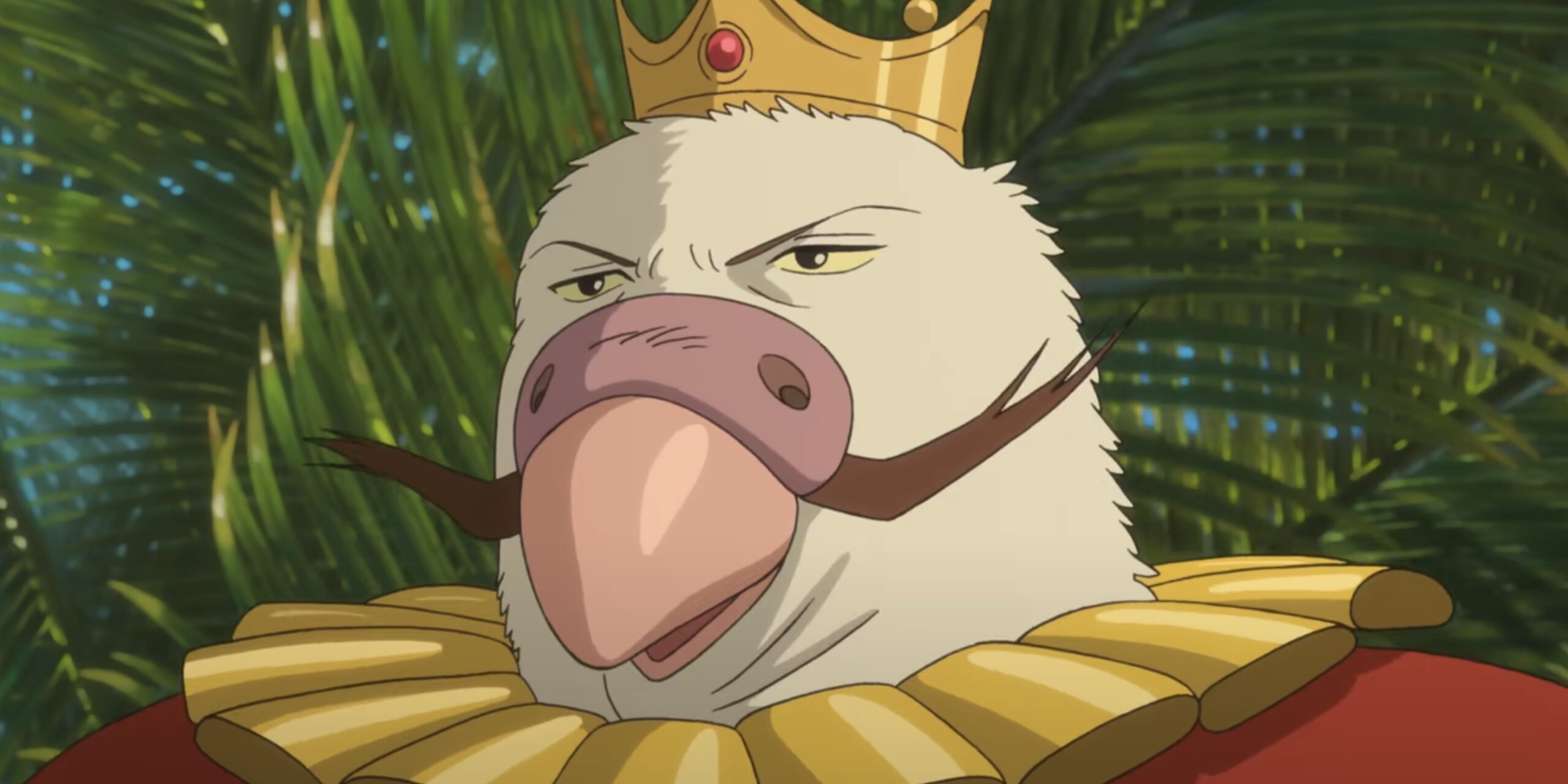
Miyazaki’s steadfast commitment to his craft and the purity of his artistic vision remain steadfast, eclipsing the allure of accolades and red-carpet affairs.
Moreover, Miyazaki’s absence from the Oscars also underscores his principled stance against the prevailing trends and commercialization rampant within the animation industry.
He remains resolute in championing narratives that eschew formulaic conventions, instead embracing themes of empathy, environmentalism, and the human condition.
Hayao Miyazaki’s decision to boycott the Oscars resonates as a testament to his unwavering commitment to the integrity of animation as an art form. His reluctance to partake in the glitz of Hollywood symbolizes a steadfast dedication to the purity of storytelling and the timeless allure of animation.
Through his actions, Miyazaki reaffirms the profound impact of his legacy, transcending accolades to etch an indelible mark on the annals of cinematic history.
Hayao Miyazaki Skipped Many Awards
Hayao Miyazaki’s legacy in animation is etched in gold, marked by both triumphs and principled stands. In 2003, Miyazaki clinched his first Academy Award for Best Animated Feature Film with “Spirited Away,” yet he was notably absent from the ceremony.
It wasn’t until 2009, during an appearance at the San Diego Comic-Con, that Miyazaki revealed the reason behind his conspicuous absence.
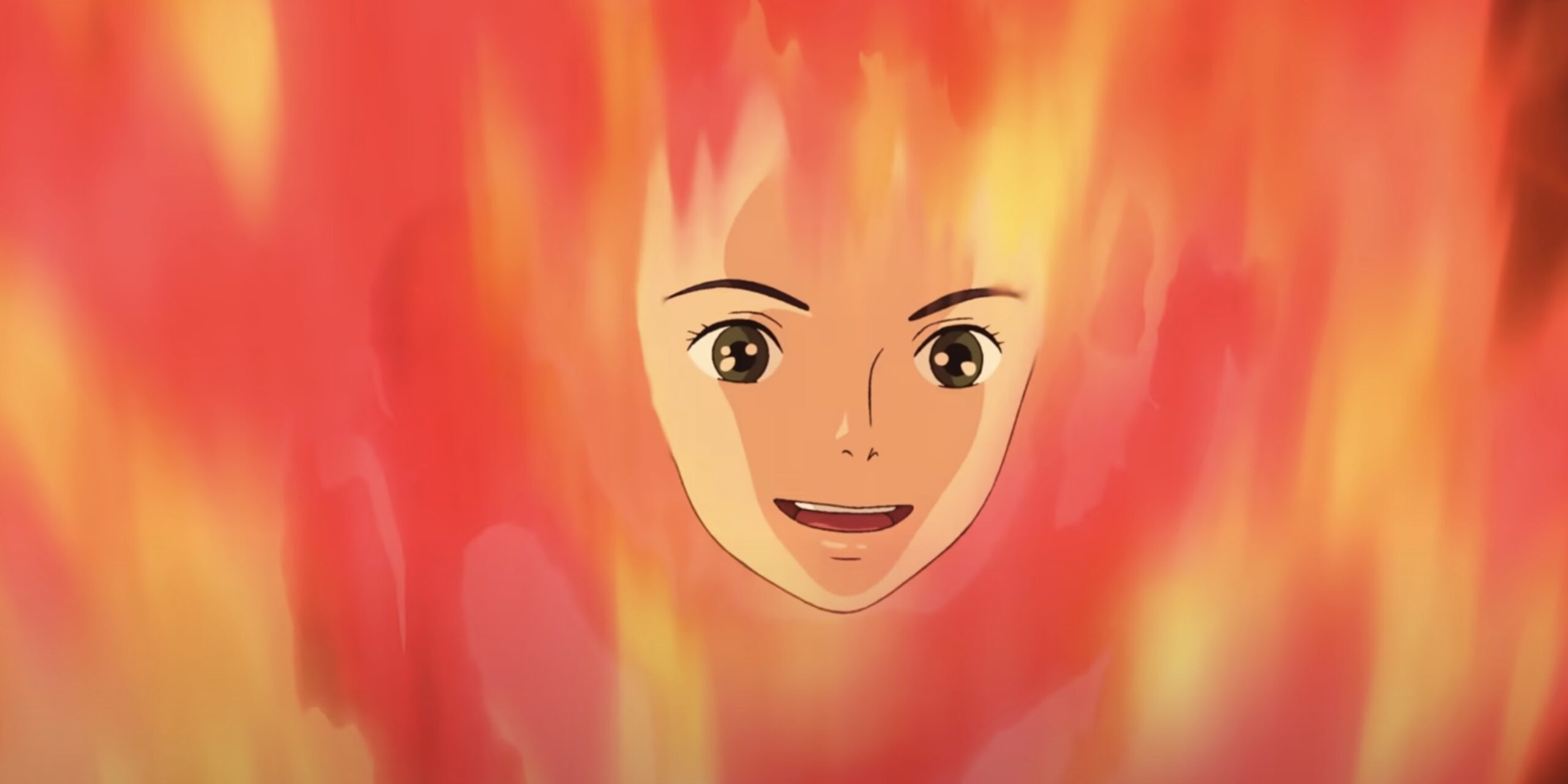
In an interview with The Times, he candidly stated,
“The reason I wasn’t here for the Academy Award was because I didn’t want to visit a country that was bombing Iraq.”
This revelation shed light on Miyazaki’s principled stance against the US invasion of Iraq in 2003, a sentiment shared by his producer at the time. Thus, his absence from the 75th Academy Awards was a silent protest against the political climate.
However, Miyazaki later made peace with the Oscars, breaking his boycott to accept the Academy Honorary Award in 2014 and gracing the 87th Academy Awards with his presence.
Yet, history seemed to repeat itself at the 96th Academy Awards, where Miyazaki’s final masterpiece, “The Boy and the Heron,” secured his fourth nomination for Best Animated Feature Film, a testament to his enduring brilliance.
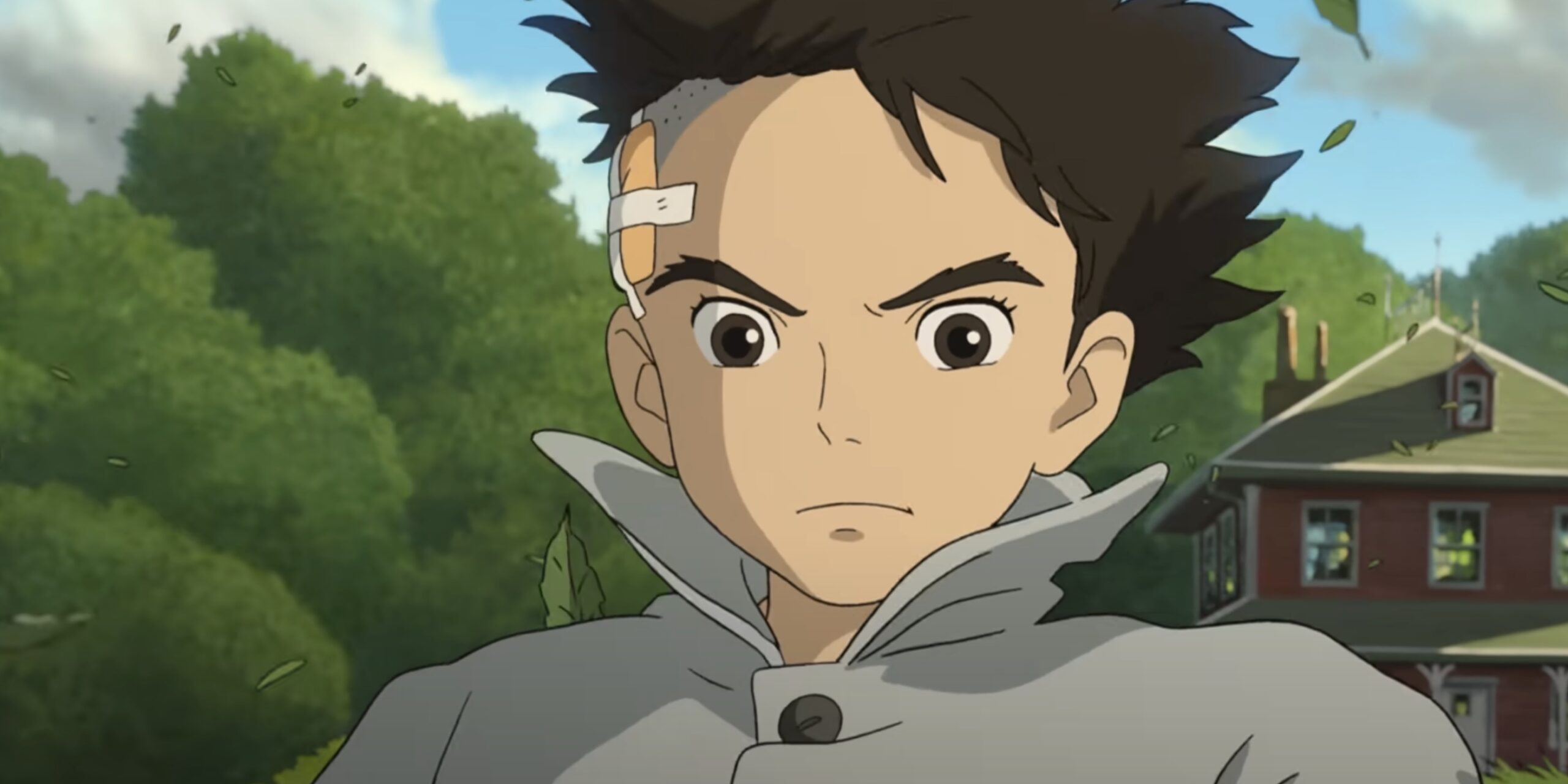
Once again, the maestro was absent from the ceremony, leaving actor Chris Hemsworth to collect the coveted award on his behalf. Like his past absence, Miyazaki refrained from publicly disclosing the reason for his non-attendance.
However, Kiyofumi Nakajima, representing Miyazaki’s Studio Ghibli, shared a note from the film’s producer, Toshio Suzuki, at the event.
Nakajima extended apologies on behalf of Miyazaki and Suzuki, attributing their absence to their advanced age, hinting that logistical constraints may have hindered their attendance. This explanation hinted that Miyazaki’s absence this time was not rooted in protest but perhaps in practicality.
Despite his absence, Miyazaki’s triumph was undeniable, solidifying his status as a luminary in animation. At 84 years old, his win also etched him into the annals of history as the oldest recipient of the Best Animated Feature Film award, a testament to his enduring influence and unparalleled talent.
In the ever-evolving landscape of cinema, Miyazaki’s steadfast principles and unparalleled contributions serve as a beacon, inspiring generations to come.


